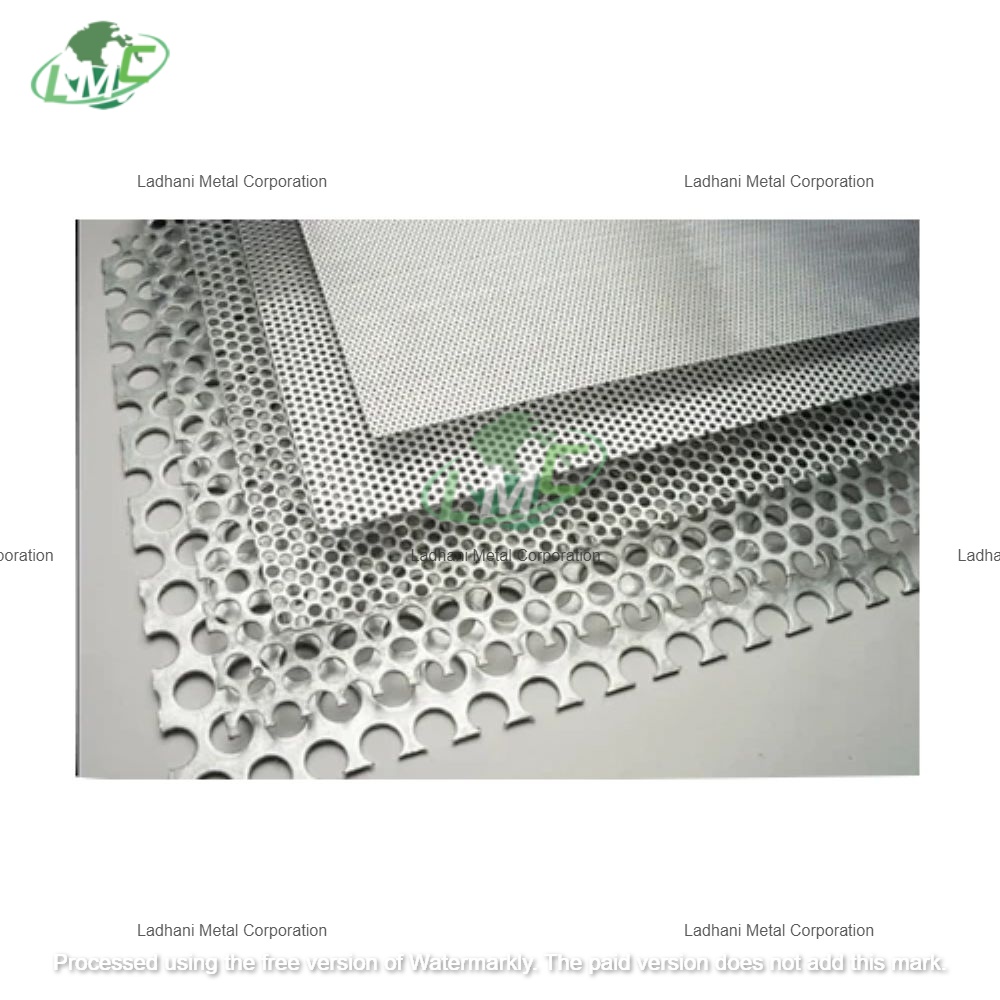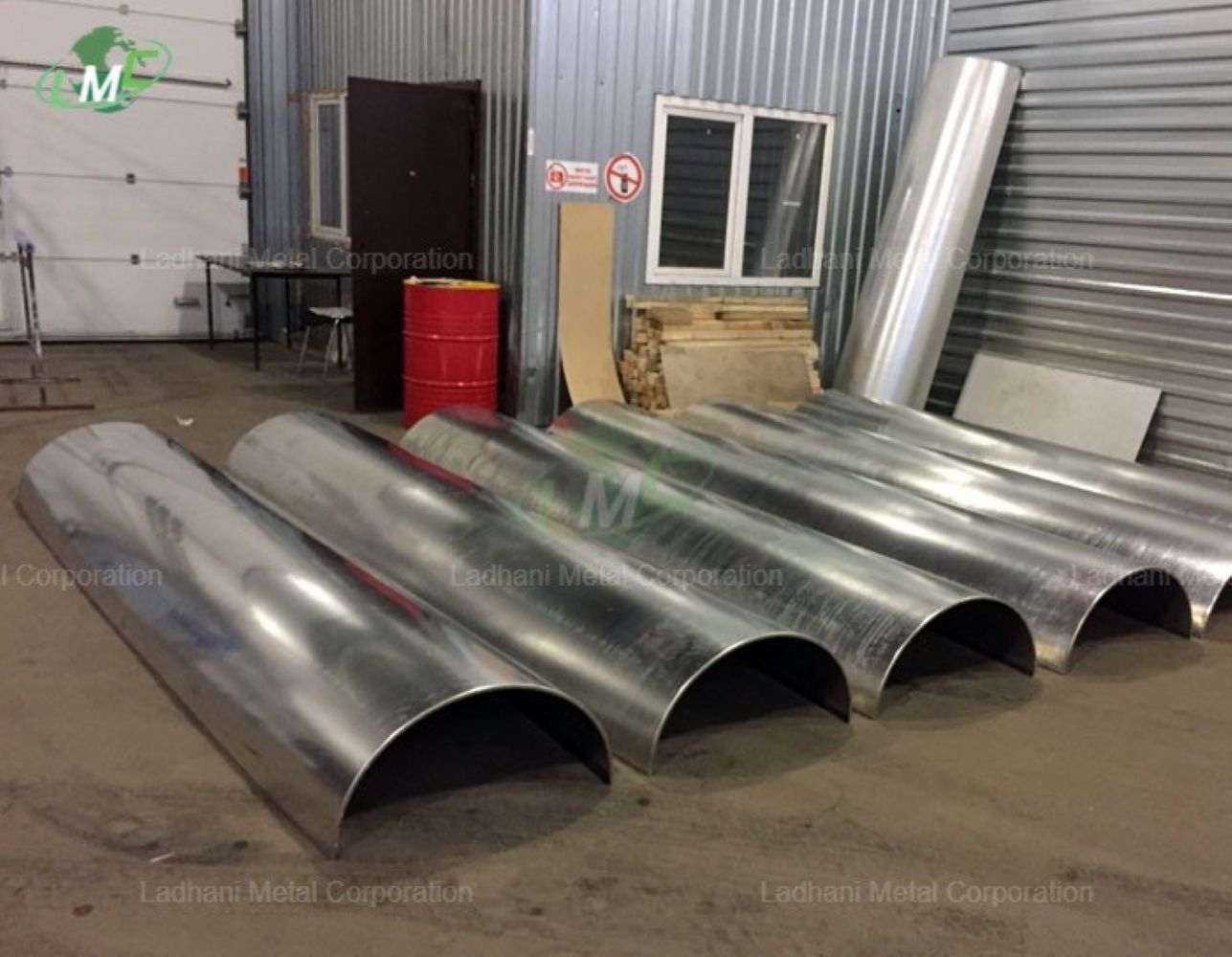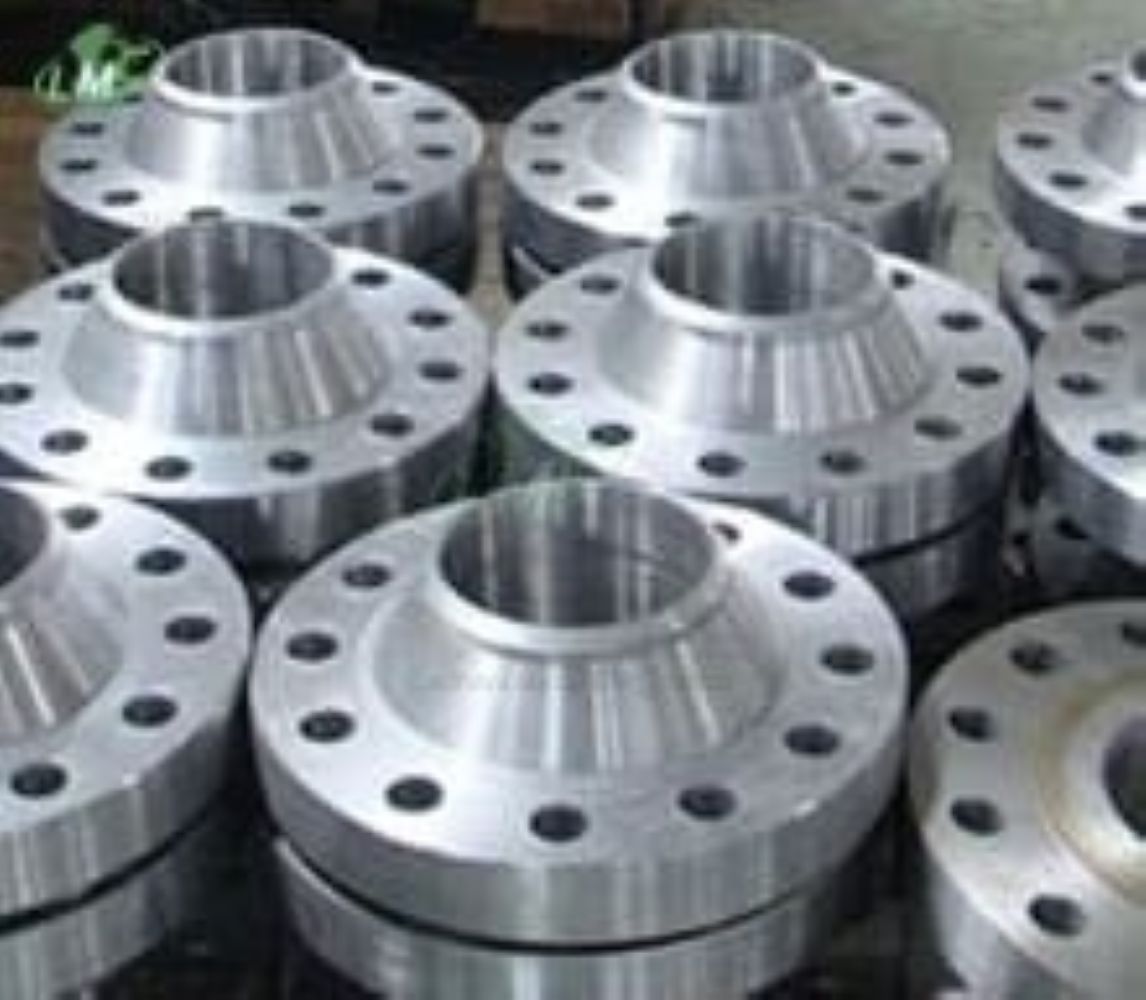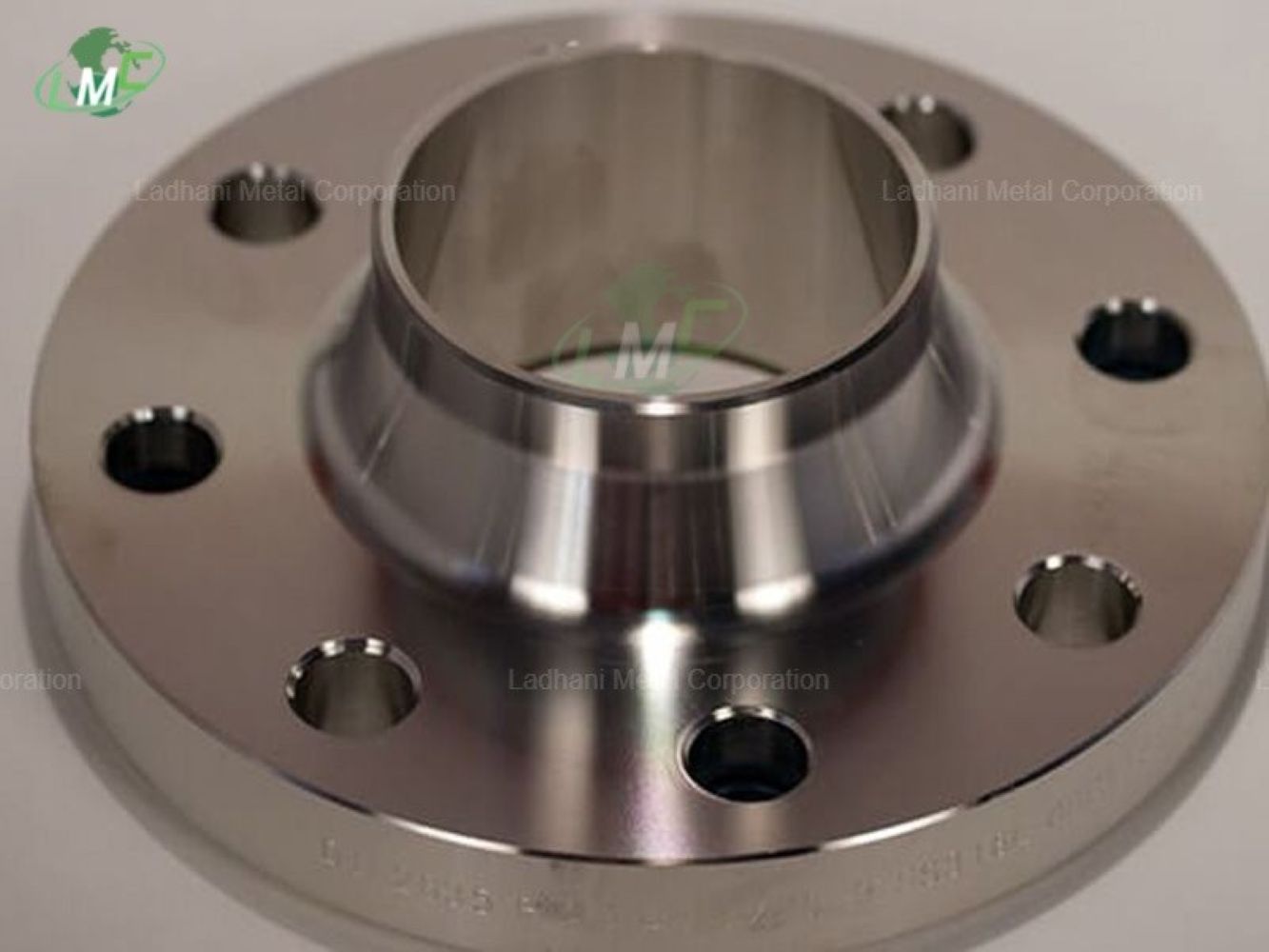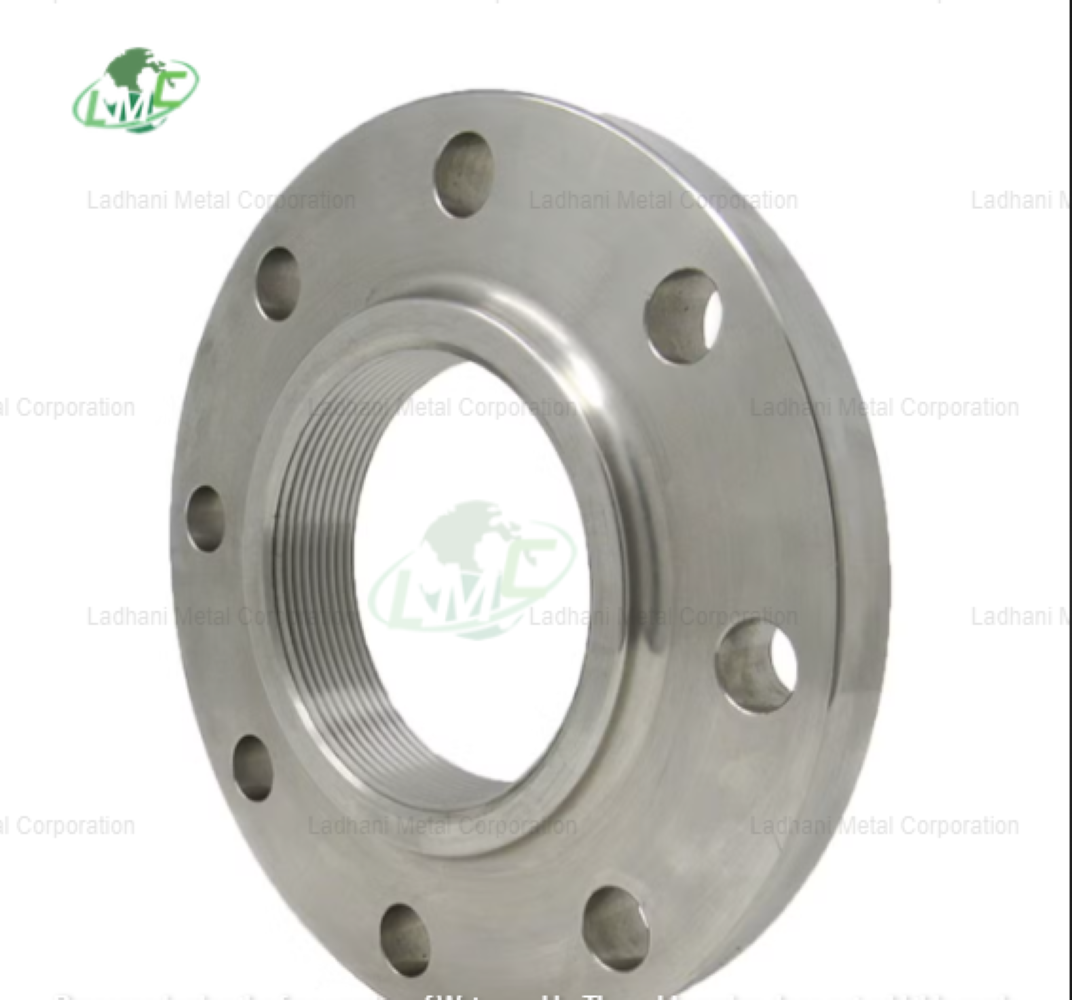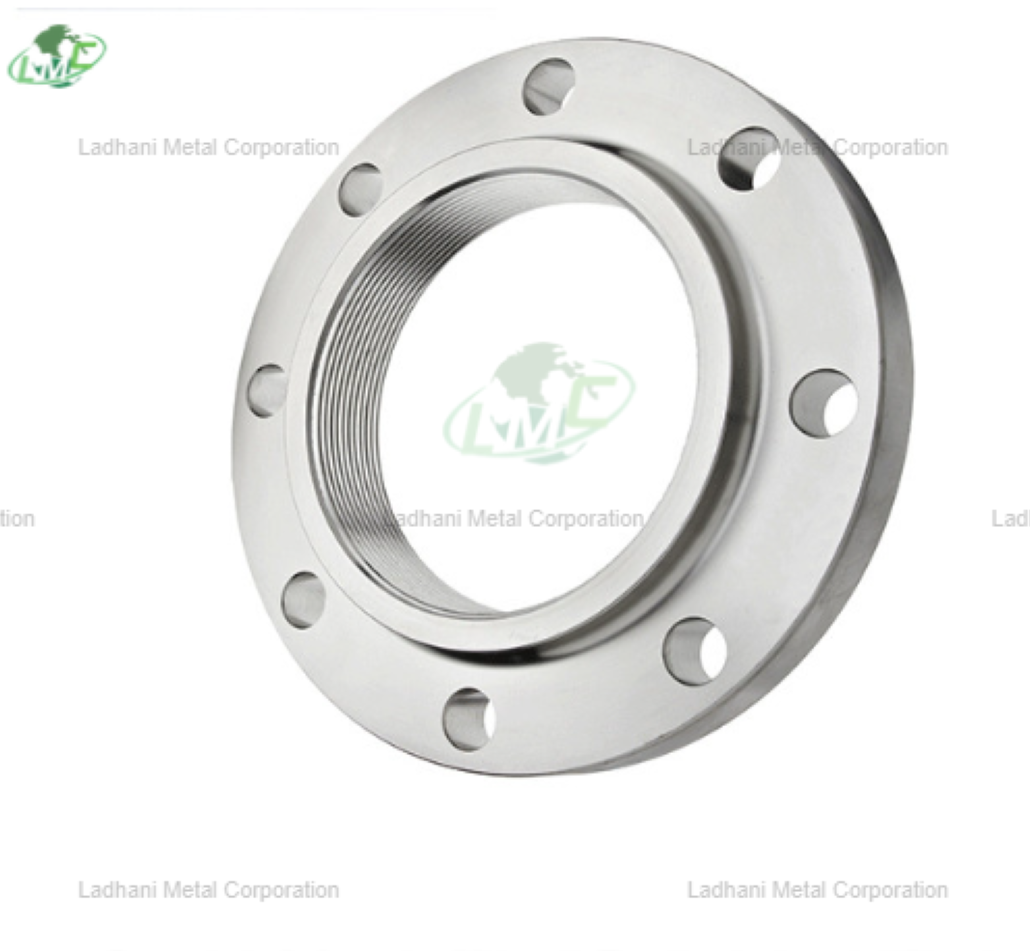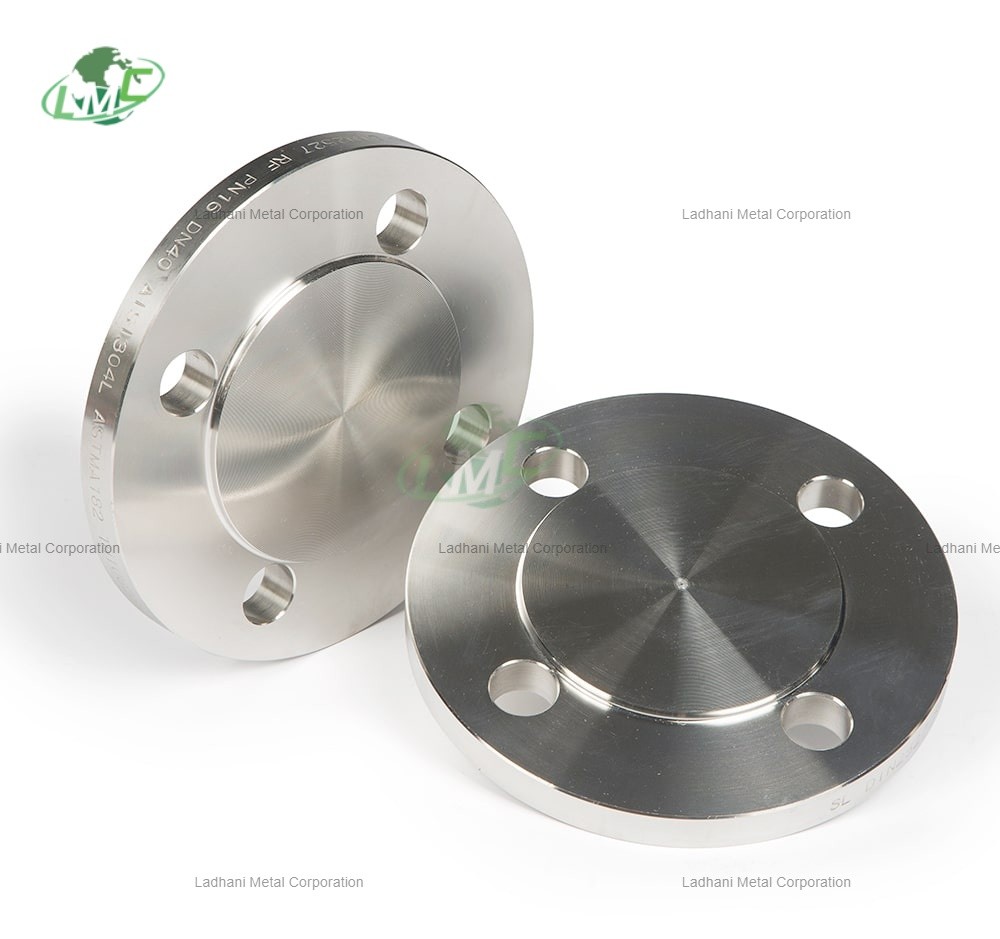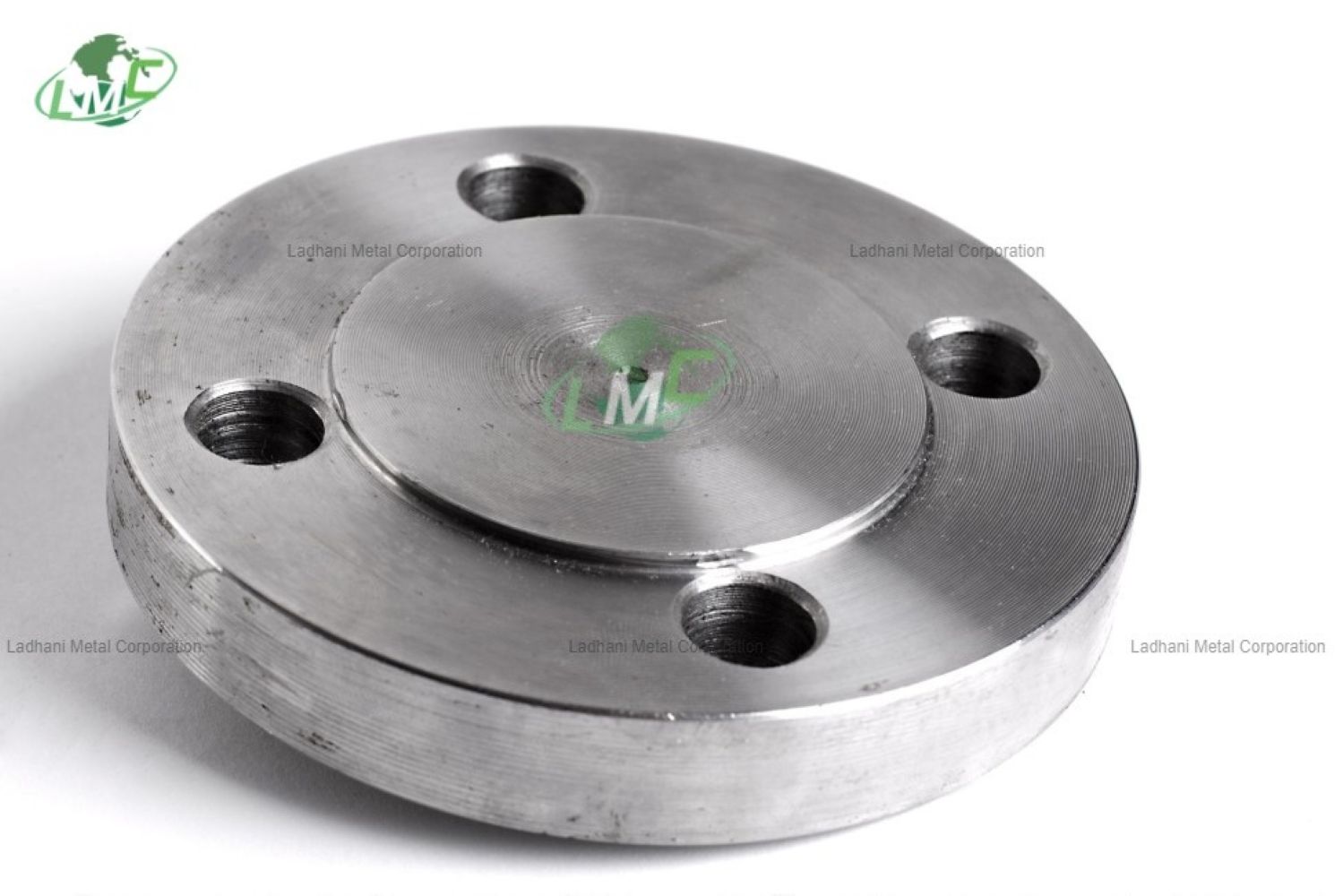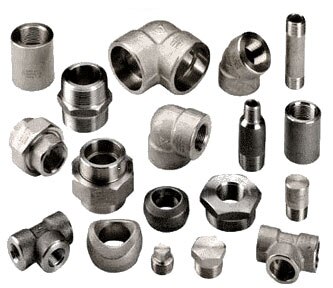Titanium perforated sheets are versatile and highly durable materials commonly used in industries such as aerospace, automotive, chemical processing, and marine applications. Known for their exceptional strength-to-weight ratio, corrosion resistance, and high-performance capabilities, titanium perforated sheets are ideal for applications that require both structural integrity and resistance to harsh environments. Mechanical Properties of Titanium Perforated Sheets Titanium is a highly versatile material known for its impressive mechanical properties, which make it ideal for demanding applications in industries such as aerospace, automotive, chemical processing, and marine. Here are the key mechanical properties of titanium perforated sheets: Tensile Strength: Titanium alloys exhibit excellent tensile strength, which makes them suitable for high-stress applications. The typical tensile strength of commercially pure titanium (Grade 2) ranges from 35,000 to 50,000 psi (240 to 345 MPa). Higher-strength titanium alloys, such as Grade 5 (Ti-6Al-4V), can reach tensile strengths of up to 130,000 psi (900 MPa). Yield Strength: The yield strength of titanium perforated sheets is the amount of stress a material can withstand before it begins to deform. For commercially pure titanium, yield strength is typically between 20,000 and 40,000 psi (138 to 276 MPa), while titanium alloys like Ti-6Al-4V can reach yield strengths of 120,000 psi (828 MPa) or higher. Elongation: Titanium alloys are known for their high ductility, particularly in their pure form. The elongation (the ability to stretch without breaking) is typically around 20-25% for Grade 2 titanium and can be higher for certain titanium alloys, making them suitable for forming and shaping into perforated sheets. Hardness: Titanium's hardness varies based on its alloy composition. For commercially pure titanium, the hardness is typically around 170-230 HV (Vickers hardness), while titanium alloys such as Ti-6Al-4V can have a hardness of 300-400 HV, making them tougher and more abrasion-resistant. Fatigue Strength: Titanium is known for its high fatigue strength, meaning it can withstand repeated loading cycles without failure. This property is essential for aerospace and marine applications, where materials are exposed to continuous stress. Impact Strength: Titanium has high resistance to impact and can absorb significant energy before breaking, which is crucial in applications that require durability under sudden or fluctuating loads. Chemical Composition of Titanium (Grade 2) Titanium (Ti): 99.2% minimum Iron (Fe): 0.30% max Oxygen (O): 0.18% max Carbon (C): 0.08% max Nitrogen (N): 0.03% max Hydrogen (H): 0.015% max Other elements: Traces of elements such as vanadium, molybdenum, and aluminum, if present, should be in very low concentrations (less than 0.1% in total). Chemical Composition of Titanium Alloy (Grade 5 - Ti-6Al-4V) Titanium Grade 5 (Ti-6Al-4V) is a commonly used titanium alloy for high-performance applications, such as in aerospace and industrial settings. Its typical chemical composition includes: Titanium (Ti): 90% minimum Aluminum (Al): 5.5-6.75% Vanadium (V): 3.5-4.5% Iron (Fe): 0.25% max Oxygen (O): 0.20% max Carbon (C): 0.08% max Nitrogen (N): 0.05% max Hydrogen (H): 0.015% max
Send Message
